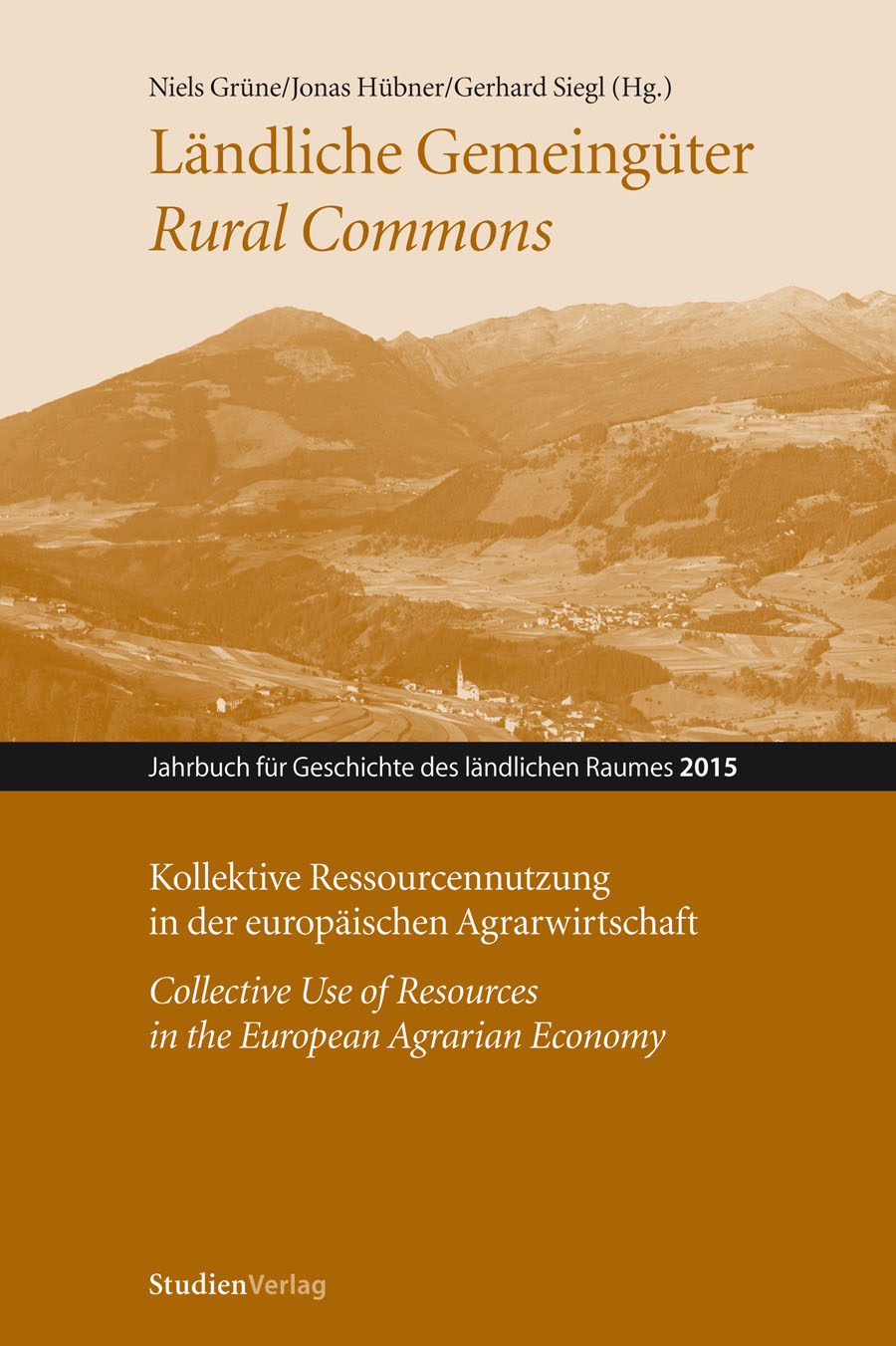Soziale Ungleichheit in einem ländlichen Ressourcenregime der Frühen Neuzeit
Die Essener Mark bei Osnabrück
DOI:
https://doi.org/10.25365/rhy-2015-13Abstract
Framing rural commons as ‘institutions for collective action’, recent historical research has consistently stressed the efficiency and flexibility of common management institutions and has attributed their resilience and longevity almost exclusively to their internal organisation in terms of economic utility, ecological sustainability and social equity. This positive perception of the potential of commons to manage resources successfully, however, tends to blend
out certain classic research interests of social history: Social inequality, exclusion and conflicts are mostly dealt with in the context of their institutional containment – as tacit structural preconditions or peripheral features of historical commons. By contrast, this case study of an early modern common in northwest Germany exposes the ‘tragedy of the commons’ as a ‘tragedy of exclusion’: Embedded in a society of harsh estates-based inequality, the ‘Essener
Mark’ was a rural resource regime that excluded a vast part of the population from the appropriation of common-pool resources, whose allocation was brokered by a complex corporate power structure of local noblemen and the big farmers. As an integral and durable part of that structure the commons regime absorbed conflicts, fostered exclusion and reinforced social inequality for more than 300 years.


